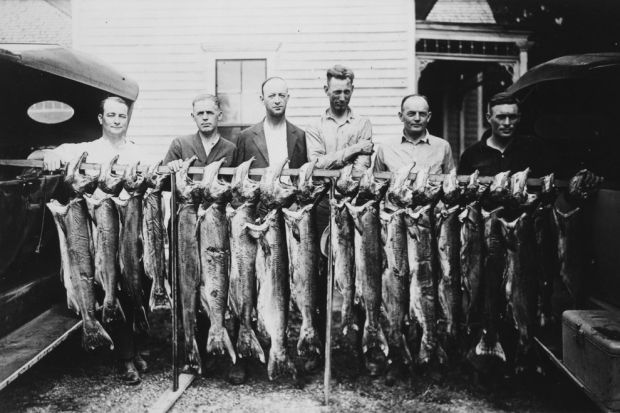forum
library
tutorial
contact

To Save the Oceans,
Save the Rivers
by Gary Wockner
Summit Daily, February 6, 2018
|
the film forum library tutorial contact |

|
To Save the Oceans,
by Gary Wockner
|
"We forget that the water cycle and the life cycle are one." --Jacques Cousteau
 In 2013, I stood in the barren landscape south of Mexicali, Mexico. Everywhere I looked, for almost as far as the eye could see, there was nothing but dirt and sand. But it wasn't always that way.
In 2013, I stood in the barren landscape south of Mexicali, Mexico. Everywhere I looked, for almost as far as the eye could see, there was nothing but dirt and sand. But it wasn't always that way.
The lunar landscape south of Mexicali once made up the Colorado River Delta, where 5 trillion gallons of water poured into the Sea of Cortez every year.
The massive dams built on the Colorado River in the 20th century ended that flow; now, not one drop reaches the sea. The 2 million-acre delta and wetlands have become a barren sea of sand and dirt.
Without a regular infusion of freshwater, the Sea of Cortez has suffered greatly. Fish and crab species are on the brink of extinction. Without nutrients provided by the freshwater, the millions of birds that used to frequent the massive wetland have vanished, and the human fishing culture has dwindled.
The interrupted linkage between the Colorado River and the Sea of Cortez is not an anomaly, however. Rather, it is becoming the norm.
On the Snake and Columbia rivers in Oregon and Washington, massive dams have stopped the migration of nearly a million salmon a year -- the sole source of food for the southern resident killer whales, or orcas, that live along the Washington coast and in Puget Sound.
Without salmon for food, the population of this species of orca has dwindled to fewer than 100 and is teetering on extinction.
Along the East Coast of the United States, Atlantic salmon, American shad, river herring, eels and other species can no longer migrate to spawn, overcoming the gauntlet of dams on the Susquehanna, Connecticut and Merrimack rivers. Both the rivers and oceans suffer as fish populations dwindle to a fraction of their former numbers.
It's not just dams on rivers that are killing the oceans; pollution in rivers gets carried out to sea, where it remains a threat. In the United States, the most notorious example of this is the massive "dead zone" in the Gulf of Mexico.
It expanded to its largest size yet in 2017, and as measured by the National Oceanic and Atmospheric Administration covered almost 9,000 square miles, an area the size of New Jersey.
The dead zone is mostly caused by nitrate-based fertilizer that washes off hundreds of thousands of square miles of farms in the Midwest and South, flows into the Mississippi River Basin, and then into the Gulf of Mexico. The nitrates feed massive algae blooms that suck the oxygen out of the water and make parts of the Gulf of Mexico unable to support life.
Increasingly, dams and pollution co-mingle to harm both rivers and ocean. Where I live -- in Fort Collins, Colorado -- is a perfect example.
There's a proposal to build a huge dam on the Cache la Poudre River, which would suck a massive amount of water out of the river every year and send that water to small towns on the plains.
One of those towns is Fort Morgan, in eastern Colorado.
Fort Morgan is surrounded by farms and cattle feedlots, and it has always had access to groundwater. In fact, the town used to use that groundwater for its drinking water.
But over the years the groundwater became so polluted with nitrates from farm fertilizer that the town says it can no longer afford to purify it to drinking-water standards. So the town is now included in the massive dam project, thanks to a proposed 70-mile pipeline from the dam to the town.
Meanwhile, the groundwater around Fort Morgan is just getting more polluted with nitrates. These poisons continue to flow into the highly polluted South Platte River, which flows into the Platte River, which flows into the Missouri River, which flows into the Mississippi River, which flows into the Gulf of Mexico, which is now home to that huge, nitrate-caused dead zone.
Most of us learned this stuff about rivers flowing to the sea in grade school. We learned about the water cycle that replenishes and repeats itself. That is, unless we dam and pollute the rivers, truncating the water cycle and interrupting the cycle of life.
To save the oceans, we must save the rivers that feed them.
learn more on topics covered in the film
see the video
read the script
learn the songs
discussion forum
